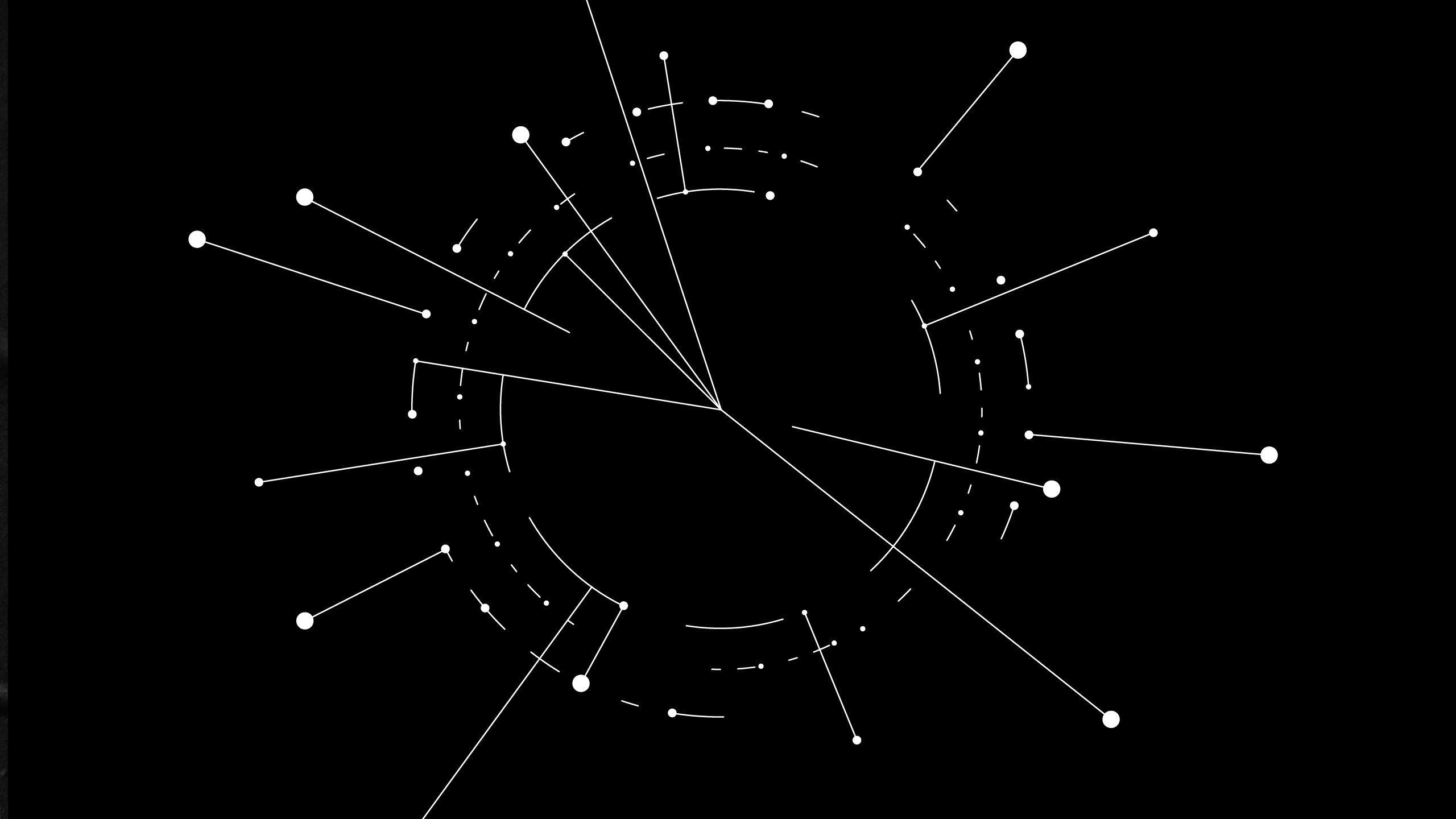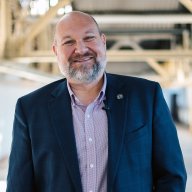
How Bayer’s process mining CoE enables end-to-end process excellence
Companies with a Center of Excellence (CoE) for process mining are nine times as likely to report positive ROI as those without one, according to a 2022 survey from Celonis and the Fraunhofer FIT Institute. Additionally, the 200 Celonis customers with CoEs represent over $700 million in total value realized, and those businesses with the largest CoEs have realized far beyond $10M in value.
Timo Peters, Bayer AG CoE Lead for Process Mining and acting CeloCoE Champion EMEA, was at Celosphere 2022 to share the insights and experiences he gained building the process mining and execution management CoEs at Bayer and before that Nokia. Key components of Peters’ CoE blueprint include, ensuring value creation, maintaining strong governance and using good change management practices, among others.
In addition to being a speaker at the two-day event, Peters also sat down with Tom Smith, Acceleration Economy and Cloud Wars analyst, to discuss how Bayer is using Celonis EMS and his CoE best practices.

The following is a transcript of the interview, edited for readability.
Building Bayer’s process mining CoE
Tom Smith: Can you tell the viewers a little bit about your current role?
Timo Peters: Thanks, first of all, thanks Tom that you invited me here. So, honor and pleasure to be with you. I joined Bayer in beginning of September. So my role is that I'm heading the Center of Excellence for Process Mining across Bayer. So we applying it on the enterprise level. So now we are going to start to establish a complete new mode of operation, building the structures, get it more structured, implemented, and especially focusing now a lot on generating the values. That will be our first step in the journey. But yeah, we applying it on the...all...
Tom Smith: And you have quite a bit of experience building a Center of Excellence. You were previously at Nokia, I believe you did a similar initiative there and you've been recognized by your peers for that work. What are some of the things you've learned from that experience that you'll be bringing with you to Bayer and hoping to implement?
Timo Peters: Yeah, I think the key is that there are foundational things that you need to do. You need to generate a funnel, you need to, looking to generate the value for your end users. So a lot of this is change management and how they expect to get the value out of it. So you need to be very structured to frame the value to follow it up. That is really going to happen. That is the key because we are all looking for return on invest. So the investment what we did, we want to get out again. And there will be always points where you struggle, but it will help you if you bring the standards into place and stick to them and be very strict on them. That will make your journey much more smoother to do that. So it's very important.
More on CoEs: Bayer Group’s Timo Peters on expanding process mining use | Celosphere 2022: Bayer’s Timo Peters shares CoE blueprint | CeloCoE Champions League EMEA: The power of cross-company processes and inspiring value approaches | Study: Accelerating Business Transformation with a Process Mining Center of Excellence (CoE)
From single processes optimization to end-to-end business excellence at Bayer
Tom Smith: Maybe you could tell us a little bit about some of the use cases, how Bayer is using Celonis today and how you see that evolving and what some of your goals will be in the future with that?
Timo Peters: So currently, or also before I started Bayer use it, especially at audit area. So it started very early there we have in the supply chain and procurement, we have already setups and use cases that are running. If you're looking forward, we are now discussing as well with warehouse management and logistics in the area, building up the first use cases, having the first ideas.
We are going to financial accounting, we want to go to sales areas. And actually the idea is that we're building a digital process twin, so that we really see it from end to end. From the point of where we going to get the orders as example till we getting the invoice. It's really important to look to the whole processes and not only parts because then you're able to find the root causes.
Process mining reinvented and democratized
Tom Smith: So with all that in the vision, how do some of the new products that are coming out here at Celosphere or Process Sphere™ and Business Miner™, today we're hearing about new sustainability applications, do you see near term opportunities with any of those products at Bayer?
Timo Peters: Yeah, especially I think now what they showed us that we looking more that they bringing the capabilities more to looking from end to end with... And I think it's a very important step what they do. Especially also supporting us on our journey because before we was always looking to parts of it and we had a special solution built for this one, but it was always difficult to look for the end-to-end flows. And now with these new capabilities, we can actually do this. And it get really important also from the business.
For the business people, it's sometimes hard to always understand in which data areas they're belonging to, what they're looking at, what is the leading document, what they're looking at. And now with the end-to-end view, it's a more natural way of how they're currently working and how they're thinking it...
Tom Smith: And you're referring to Process Sphere there, correct?
Timo Peters: Yeah, exactly right. And then they will able to become a closer to business language. They will follow the flow more closely to their experience and this will generate more insight and more value for them. So I strongly believe this, so it's the right step to go, yeah.
Process Sphere™ is a new capability of Celonis EMS built on a novel type of process mining technology called object-centric process mining (OCPM).
Coming together and sharing knowledge is important for growth
Tom Smith: You've been a presenter here at Celosphere. You've shared some of your experiences within Centers of Excellence. I think you've presented on a Champions panel. Obviously you're the top of the food chain here in terms of user, the type of experience that you have, your use of, some of your successes with Celonis. But what are you getting from some of the sessions you're attending, some of the networking opportunities? Where are you getting value from that?
Timo Peters: I think it's very important that we work in networks and I had so many new impression from other customers. So everybody have something where they're very strong into this one. I was talking yesterday to people that are, had very nice ideas how to ingest data, how to more optimizing it. So where I say we never thought about this one. And it's very important to talk to multiple kind of people to see their vision to a get their experience. And using this one because creating always everything by ourself it's very hard and taking long and if we can use this in the community to increase our maturity to each other, then we can go faster ahead.
So it's really a networking way of generating value of driving and the future. I think it's very important. Therefore, I'm doing a lot in communities and always talk to many kind of customers. So reaching out to them, there's always something what you can learn. And it's not meaning that, yeah, might be we a little bit ahead, but there's so much what I can learn from others. So it's amazing.
Building a grassroots process mining community
Tom Smith: I know you have a lot of knowledge to impart from your experience. Are there any key lessons learned or any takeaways that you are trying to share either publicly in the sessions that you've conducted one on one or in small group settings here, some of the things that you've seen work the best or help you achieve the best results with Celonis?
Timo Peters: Yeah, it depends a bit on the interest groups. So today just before I was joining you, we had a discussion that we want to create a new group of adaptation. How the adaptation of Celonis is going in the organization. They was reaching out yesterday to me, we had 15 minutes before to talk about this one and there was immediately two person joining into this one and say, "Hey, we also interested." And we just said, "Okay, next week we are going to meet." And we are creating the interest group of driving it forward. So we starting normally like this if we have interest group, but then we are sharing this in a broader group so I'm not limiting to this one. So I really go broad-
Tom Smith: A grassroots type of…
Timo Peters: Sometimes you will find people that are really driving it and want to drive it and want to try it out and some will come later into the game, that's okay to do this. But I'm always open to share as much as possible in public because it's creating new ideas. I like a lot also to work with universities and sharing their information, getting a lot of insights in there. And if you listen to all the young people that are coming out, they have great ideas. So it's really sometimes amazing and involving them. So it's a good thing to do this.
Process mining helps us prepare for and adjust to future business challenges
Tom Smith: As you look ahead into 2023 and we've here in Germany and Europe and the United States, lots of disruptions have gone on across supply chains, across the economy. Does that affect your planning or your thinking or maybe your urgency around using this technology to try to streamline things or make things operate better or more efficiently?
Timo Peters: I think it'll get more important because all these challenges will hit us. So we need to be more optimized. So we need to get these things more straight and be prepared for all those challenges. And it's not only prepared, we also need to be able to react faster to this one because the cycle time of these events seems to at least from feeling point of views, they're getting shorter and shorter.
And as a company it's important to be reactive on this one, to be fast reactive on this one, we don't have time to wait years and years to change and adjusting to this one. So we need to be quick and understanding how the company is working and how the processes are working is a key in this one. So helping us with this capability to adjust to the future and be flexible enough to change it.
More from Celosphere 2022
Celosphere 2022: Everything you need to know news, product, process mining best practices
Celosphere 2022: Celonis brings perspective to process mining
A Closer Look: Celonis' acquisition of Sailfin, Intelligent Accounts Receivable apps
Celosphere 2022: You’re going to see groundbreaking progress on process mining technology
Editor’s note: This video was originally published on Acceleration Economy, Bayer Exec on How Celonis Products Enable End-to-End Capabilities.



